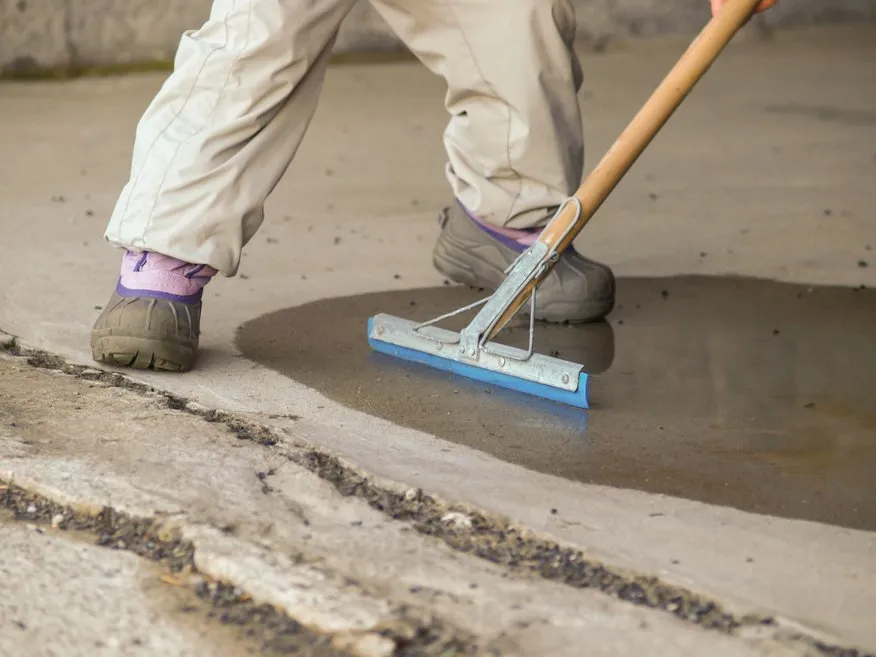Water Damage: It’s the property owner’s biggest enemy. Thousands of gallons of water can escape costing the home and property owner thousands of dollars and more! Here’s what to look out for.
1. Away from Home or Office. Leaving a home alone can result in unwanted and expensive problems if things go astray while you are gone. And if you own a business, those problems can often lead to lost business. More often than not, things do go wrong in extreme temperatures, especially when a home or building is not being used.
2. Preventing frozen pipes. The IICRC (Institute of Inspection Cleaning and Restoration Certification) is an authority on how to prevent frozen pipes. Their suggestions:
- Wrap electrical heating tape on exterior pipes. This cautionary step helps to insulate your pipes. In addition, owners should remove garden hoses from faucets.
- Cover exposed pipes with foam rubber or fiberglass insulation and secure it with tape.
- While you are away, even if it’s just overnight, let cold and hot water faucets drip slightly. Running water helps prevent freezing pipes and reduces pressure that may build up in them.
- Inside the home, open kitchen and bathroom cabinet doors to promote warm air circulation around plumbing.
- Leave the thermostat at the same temperature both day and night, at least 55°.
3. If pipes are frozen, here’s how to thaw them.
- Locate the problem pipe, if possible, and open a faucet. As the pipe thaws, running water aids the melting process.
- Apply heat to the frozen section using a hand-held hair dryer or portable electric space heater. Do not use a blow torch as it could cause the pipe to explode. Do not use a propane or kerosene heater as these are hazardous for indoor use.
- If you are unable to locate or access the frozen pipe area, call a licensed plumber.
4. Tips for Clean-Up, if Water Damage Occurs:
- If all else fails and you experience water damage as a result of a burst pipe, shut off the main water valve. Call a plumber to fix the leak. Next, contact a professional water damage restoration company with trained technicians and extraction, drying and dehumidifying equipment, such as Restoration1 of West Denver. Certified firms have the knowledge, experience and equipment to locate water wherever it goes, remove the excess and dry your structure to industry standards.
- Mop up standing water on flooring surfaces to prevent slip and fall hazards. If the burst pipe is overhead, drain ceiling cavities by punching “weep” holes.
- Prevent mold growth. Although it takes a few days to appear, mold thrives on wood, paper, particleboard or even household soil when stagnant air, moisture and temperatures between 68 and 86 degrees are present.
- Wet clothing usually is salvageable. A 1O-minute wash cycle in detergent and hot water should sanitize washable clothing as well as many household fabrics.
- Let the structure dry out before you rebuild. Professional water restorers have a variety of instruments to determine when a building is dry enough to prevent on-going microbial growth. Drying should not stop until wood or drywall moisture content (MC) falls below 16% MC. Normal MC is around 10% in most areas of the country.
Give Restoration1 of West Denver a call at 72O-605-2994 and we’ll make sure your water problems are taken care of.

